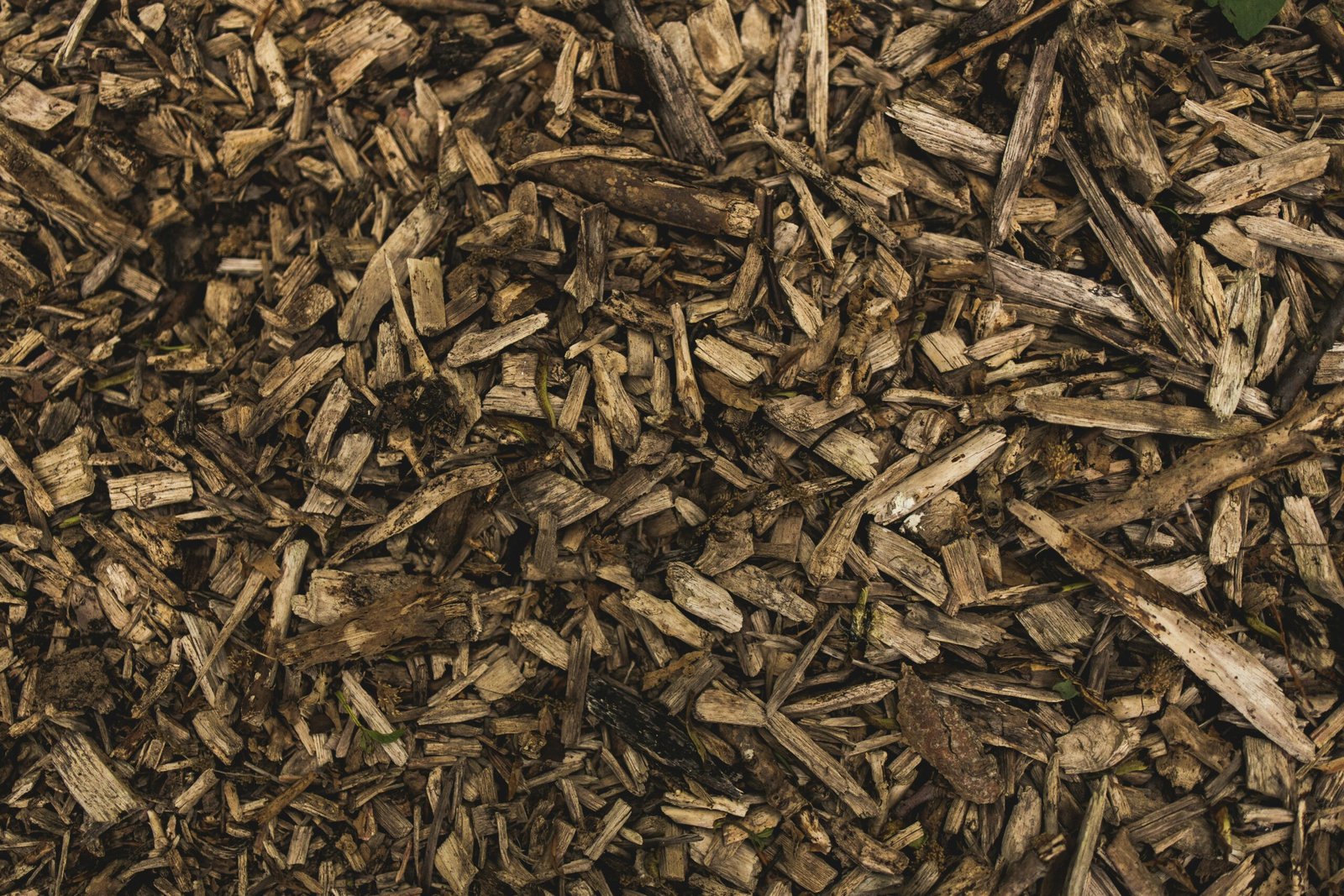Welcome to our comprehensive guide on sustainable chicken keeping and its integration with organic gardening. In this article, we will explore the benefits of raising chickens in a sustainable manner and how they can contribute to the success of your organic garden. Whether you are a seasoned chicken keeper or just starting out, this guide will provide you with valuable insights and practical tips to create a harmonious and eco-friendly environment for your chickens and garden.
The Benefits of Sustainable Chicken Keeping
Sustainable chicken keeping offers numerous benefits, both for the environment and for your garden. Here are some of the key advantages:
- Organic Fertilizer: Chickens produce nutrient-rich manure that can be used as organic fertilizer for your garden. Their droppings are high in nitrogen, phosphorus, and potassium, essential nutrients for plant growth.
- Pest Control: Chickens are natural pest control agents. They love to eat insects, slugs, snails, and other garden pests, reducing the need for chemical pesticides.
- Weed Management: Chickens can help control weeds by scratching and pecking at the ground. They can be particularly effective in areas with heavy weed growth.
- Composting: Chicken manure can be added to your compost pile, helping to speed up the decomposition process and create nutrient-rich compost for your garden.
- Egg Production: Of course, one of the main benefits of keeping chickens is the fresh, organic eggs they provide. You can enjoy a sustainable source of protein right from your backyard.
Creating a Sustainable Chicken Coop
A sustainable chicken coop is essential for the well-being of your chickens and the success of your organic garden. Here are some key considerations:
- Size and Space: Provide enough space for your chickens to roam and exercise. The general rule of thumb is to allow at least 4 square feet per chicken inside the coop and 10 square feet per chicken in the outdoor run.
- Good Ventilation: Ensure proper airflow in the coop to prevent the build-up of moisture and ammonia. This can be achieved through windows, vents, and proper insulation.
- Natural Light: Incorporate windows or skylights in the coop to allow natural light. Chickens need exposure to sunlight for their overall health and egg production.
- Nesting Boxes: Provide comfortable and secure nesting boxes for your hens to lay their eggs. These boxes should be filled with clean straw or shavings.
- Roosting Perches: Install roosting perches at different heights to allow chickens to rest and sleep comfortably. Make sure they are wide enough for the chickens to perch without their feet touching the ground.
- Secure Fencing: Protect your chickens from predators by installing secure fencing around the coop and outdoor run.
Integrating Chickens with Organic Gardening
Now that you have a sustainable chicken coop, it’s time to integrate your chickens with your organic garden. Here’s how:
- Free-Range Grazing: Allow your chickens to free-range in your garden during certain times of the day. They will help control pests and weeds while also fertilizing the soil.
- Rotational Grazing: Divide your garden into different sections and rotate your chickens to different areas periodically. This will prevent overgrazing and allow the soil to recover.
- Composting: Use chicken manure as a valuable addition to your compost pile. Mix it with other organic materials such as leaves, grass clippings, and kitchen scraps to create nutrient-rich compost for your garden.
- Chicken Tractors: Consider using portable chicken tractors or movable coops. These allow you to move your chickens around the garden, focusing their attention on specific areas that need pest control or weed management.
- Plant Selection: Choose chicken-friendly plants for your garden. Avoid toxic plants and opt for varieties that can withstand occasional pecking or scratching.
By integrating chickens with organic gardening practices, you can create a sustainable and self-sufficient ecosystem in your backyard. Your chickens will thrive, your garden will flourish, and you’ll enjoy the benefits of fresh, organic produce.
Conclusion
Sustainable chicken keeping and its integration with organic gardening offer a multitude of benefits for both the environment and your overall well-being. By following the guidelines outlined in this comprehensive guide, you can create a harmonious and eco-friendly environment that supports the health of your chickens and the success of your organic garden. Embrace sustainable practices, and enjoy the rewards of fresh eggs, nutrient-rich soil, and a thriving garden.





